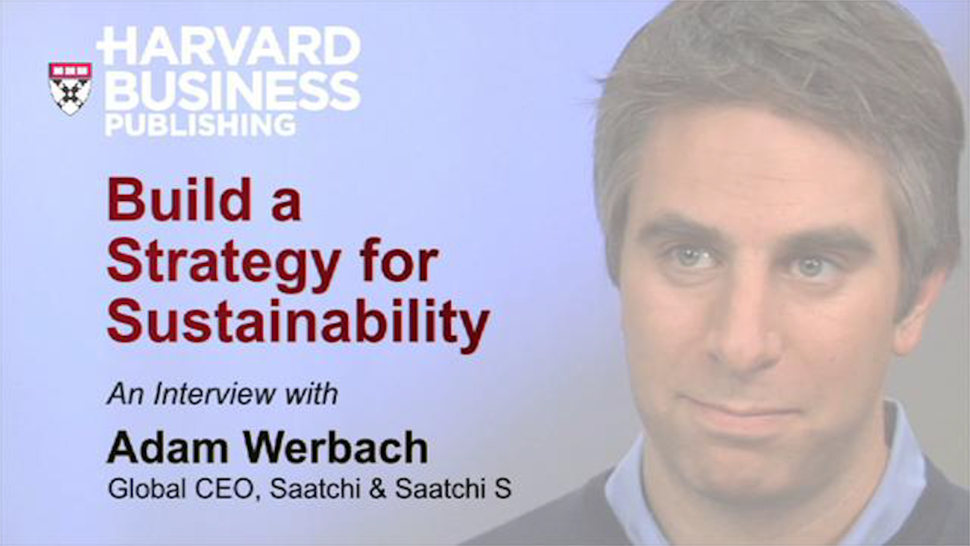For businesses however, he disagrees that this should be the main focus and he pleads that long term profits are not a desire which is as evil as it sounds. He believes that the corporate world with its innovations and new technologies should be linked to the global challenges we all face in order to sustain our way of living. This can be a two-way deal, since corporations can become more flexible, independent and energetic, whereas the world would receive a strong extra set of arms to ensure a sustainable transition.
To reach this sustainable business model (long term profits), it is key that a long term framework is built to give a corporation a certain identity. It should not be a goal which is only meant for reports and therefore a nice piece of marketing, but the long term framework should be driving efficiency throughout the entire company. Multiple examples are emphasizing this, since businesses with sustainability as a short term commercial goal without any affection with it nor a strategic plan don’t last in this modern world. Unfortunately, this has lead towards the fact that sustainability is the most overused and undefined word in dictionaries these days.
Important question of course, is who is going to be driving this change throughout an entire company? A CEO? The board of executers? The team working on the floor? It seems essential that a CEO or head of the company establishes a certain corporate priority, so the business can create a certain vision to aspire. Main actors after that though, can be coming from any part of the company, as long as they can establish good business results for the company, which ensures long term profits within a sustainable corporate coordination. The pro-environmental expert, which can be a very important consultant, could never be the only actor thriving a sustainable outcome, since there is simply enough no knowledge to sustain the business model as well.
For me, this shows that sustainable entrepreneurships should have some solid long term sustainable priorities embedded in their companies’ framework. Together with internal actors who are focusing on making the business profitable on the long term, this could lead to a combination of sustainable corporations and solving global challenges.
